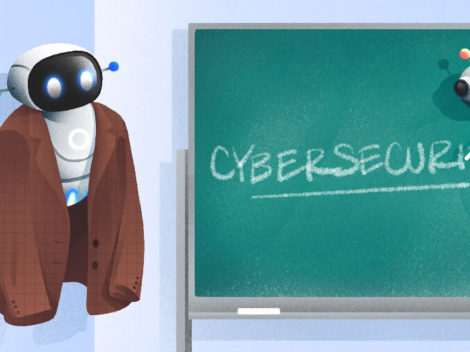By Tobi Coker
The way most companies sell to customers is incredibly outdated.
As AI becomes more embedded in business operations, it is poised to fundamentally reshape company structures, especially in how products and services are sold.
The shift from large, traditional salesforces to leaner teams composed of sales engineers and strategically deployed sales professionals will have significant implications for strategy, cost structures and operational efficiency.
Not your regular sales team

The emergence of salesforces — business development representatives, account executives and managers — arose from how software was built and sold. Software’s recurring nature and lack of physical inventory meant demand creation required specialized teams. This shifted capital from the cost of goods sold to selling, general and administrative expenses, with revenue teams becoming one of the largest organizations in software companies.
However, companies can streamline their approach as AI automates repetitive sales tasks like outreach, prospecting and qualification. Tools such as 11x simplify outreach, while advancements in LLMs, such as OpenAI’s o1, make automated qualification a reality.
Meanwhile, relationship building and deployment will still require human interaction, especially for technical products needing sales specialists.
The rise of forward-deployed sales engineers
Palantir Technologies exemplifies the future of sales with its forward-deployed software engineer, or FDSE, model — technical experts embedded within customer operations to ease integration and optimize solutions in real time. FDSEs work alongside customers to deploy technology on-premise or via virtual private cloud, ensuring AI systems understand workflows and challenges.
This model will spread to industries like healthcare, finance and energy, where secure, contextual data is critical.

Companies emulating this model in 2025 and beyond will hire technical experts to accelerate product adoption, shorten sales cycles and create continuous feedback loops. A hub-and-spoke approach may emerge, where managers coordinate FDSEs within specific verticals.
The AI sales(work)force
Sales teams of the future will be leaner, with hybrid roles combining BDR and AE responsibilities. AI will handle outreach and assist with qualification, enabling account managers to focus on relationship building. Operational efficiencies will rise as precise targeting improves conversion rates, reducing customer acquisition cost and increasing profitability.
One of the biggest opportunities for AI to assist forward-deployed engineers is creating software. As copilots and agents that generate bespoke software become more ingrained in daily workflows, many startups will need to embrace a more tailored approach or face the prospect of a customer churning to build something themselves.
As this pendulum of development swings toward custom solutions, startups must make integrations with models that code or create agents that customers can easily tailor with their own data. Building custom software for individual clients has often been shunned because such customer hand-holding wouldn’t scale or because the ROI was low. But as models get better at coding, it will quickly become commonplace for FDSEs to direct dozens of agents so they can create impactful solutions for clients.
Challenges include acquiring the right data to enhance FDSE workflows and overcoming skepticism about interacting with AI. However, the potential for lower selling, general and administrative costs and scalable AI development offsets these hurdles.
The path ahead
In the next decade, sales teams will evolve into strategic hubs supported by automation and AI insights. Forward-deployed sales engineers will bridge the gap between technology and buyers, delivering solutions tailored to customer needs. These structural changes will position companies to meet growing demand and thrive in an AI-driven future.
Tobi Coker is a partner on the investment team at Felicis 1. He works with the investment team to source and evaluate investments, conduct diligence and work with existing portfolio companies. Previously, Coker was an investor at The Production Board (TPB), a Bay Area-based early-stage venture firm, where he helped found and seed six companies in life sciences and human health. Before TPB, Coker started his career in the investment banking and capital markets division at Morgan Stanley, providing coverage to healthcare and biotechnology companies. Currently, he is a Kauffman Fellow, class of 28, and an active member of BLCK VC. Coker received a bachelor’s degree in biology with a minor in economics from Georgetown University.
Related reading:
Illustration: Dom Guzman

Stay up to date with recent funding rounds, acquisitions, and more with the Crunchbase Daily.






![Illustration of a guy watering plants with a blocked hose - Global [Dom Guzman]](https://news.crunchbase.com/wp-content/uploads/quarterly-global-3-300x168.jpg)
67.1K Followers